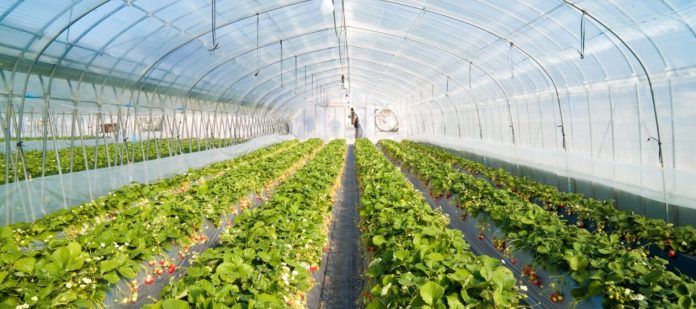On Monday in Rabat, Mohamed Sadiki, the Minister of Agriculture, Maritime Fisheries, Rural Development, and Water and Forests, outlined a series of initiatives his department will implement to prepare for the 2024-2025 agricultural season.
“To prepare for the upcoming agricultural campaign, the ministry is undertaking several measures, particularly regarding the supply of plant (seeds and fertilizers) and animal (feed) production inputs, development of agricultural sectors, irrigation water management, financing, and support for farmers,” Sadiki stated during a meeting with agricultural sector representatives. The session focused on managing water resources and preparing for the next farming season.
For seed supplies, Sadiki noted that the government will continue to support certified cereal seeds by approximately 40% to keep prices affordable for farmers. Additionally, new species, including legumes and forage crops, will be introduced. For the second consecutive season, subsidies will also cover seeds and plants for round tomatoes, onions, and potatoes to reduce production costs, improve yield, and ensure sufficient market supply at reasonable prices.
Regarding fertilizers, Sadiki announced that 650,000 tons of phosphate fertilizers will be made available at the same price as the previous season. For nitrogen fertilizers, which are imported, subsidies will remain at 40-45%, covering a planned quantity of 500,000 quintals.
The anticipated autumn cultivation program will consider water availability in rain-fed areas. It includes plans for 4.36 million hectares (ha) of cereals, nearly 545,900 ha of forage crops, about 300,000 ha of food legumes, and 105,860 ha of autumn vegetables. The implementation of this program will depend on climate conditions and irrigation water availability.
For animal production, Sadiki emphasized that barley and compound feed subsidies will continue, depending on weather conditions and pasture and forage crop status. He also highlighted that, alongside short-term measures, the ministry is working on restoring balance across various sectors through ongoing structural investments to enhance the sector’s resilience to climate change.
“The encouragement of investment in the agricultural sector continues in line with the Generation Green strategy, providing incentives through the Agricultural Development Fund (FDA) with ongoing and new aid initiatives,” Sadiki explained.
Two major cereal programs are ongoing as per the contract with the interprofessional federation: the National Program for Direct Seeding, aiming for 1 million ha by 2030, and the complementary irrigation encouragement program for cereal systems, also targeting 1 million ha. A governance model has been established at national, regional, and local levels for continuous monitoring of the agricultural campaign’s progress and water availability in irrigated areas, in coordination with all concerned parties, allowing timely adjustments.
Sadiki stressed the need for continuous collaboration between agricultural professionals to prepare for the next farming season and overcome the challenges of prolonged drought.
The meeting was attended by the President of the Federation of Agricultural Chambers, the President of the Moroccan Confederation of Agriculture and Rural Development (COMADER), regional Agricultural Chamber presidents, interprofessional federation presidents, and central and regional department officials.





